Machine Screws
YH FASTENER produces precision machine screws for reliable assembly in electronic, mechanical, and automotive applications. High accuracy, smooth threads, and customizable head styles ensure perfect fit.

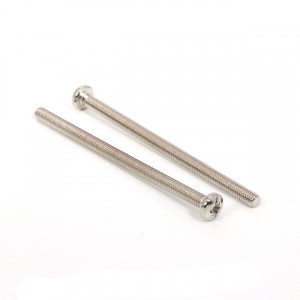
Standard: DIN, ANSI, JIS, ISO
From M1-M12 or O#-1/2 diameter for precision machine screws
ISO9001, ISO14001, TS16949 certificated high-quality machine screws
Different drive and head style for customized machine screws orders
Various materials can be customized for durable machine screws
MOQ:10000pcs for bulk machine screws orders
Specialized in producing high-performance machine screws
Customized surface treatment available for all machine screws
Strict quality control applied to every batch of machine screws
Tailored packaging solutions for your machine screws shipments
Category: Machine screw
Tags: nylon machine screws, phillips drive screw

Category: Machine screwTags: precision shoulder screws, torx washer head screws
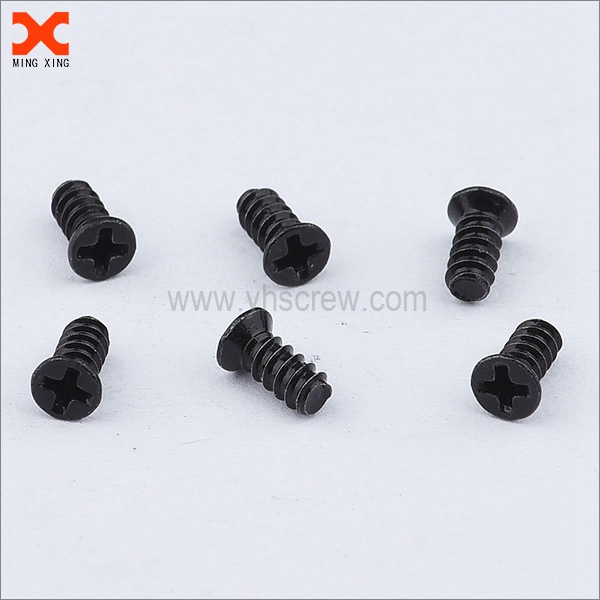
Category: Machine screwTags: phillips machine screw, self tapping machine screws, zinc plated screws

Machine Screws Product Specifications (SEO Optimized)
Our company specializes in high-quality machine screws, engineered to meet international standards like DIN, ANSI, JIS, and ISO. This ensures our machine screws work seamlessly across global projects—offering universal compatibility and the reliable performance you can trust. We’ve got you covered with a wide diameter range too: from M1-M12 (metric) to O#-1/2 (imperial), so these machine screws fit diverse fastening needs across just about every industry.
Every batch of our machine screws is made in facilities certified to ISO9001, ISO14001, and TS16949 standards. That means strict quality control at every step, so you get consistent, dependable machine screws every time you order. We know one-size-fits-all doesn’t work for most projects—so we offer machine screws with custom drive and head styles. Pick exactly what you need to get the perfect fit for your specific application.
On top of that, our machine screws support material customization: choose corrosion-resistant stainless steel, durable carbon steel, or other options to match your project’s environmental and functional demands. With a minimum order quantity (MOQ) of 10,000 pcs, our machine screws work for both small production runs and large-scale manufacturing operations.
Categorized as precision fasteners, our popular machine screws variants include 316 stainless steel machine screws, pozi pan head machine screws, ss machine screws, and stainless steel metric machine screws. Whether you’re after standard machine screws or fully customized ones, we deliver reliable, high-performance solutions that check all your boxes.
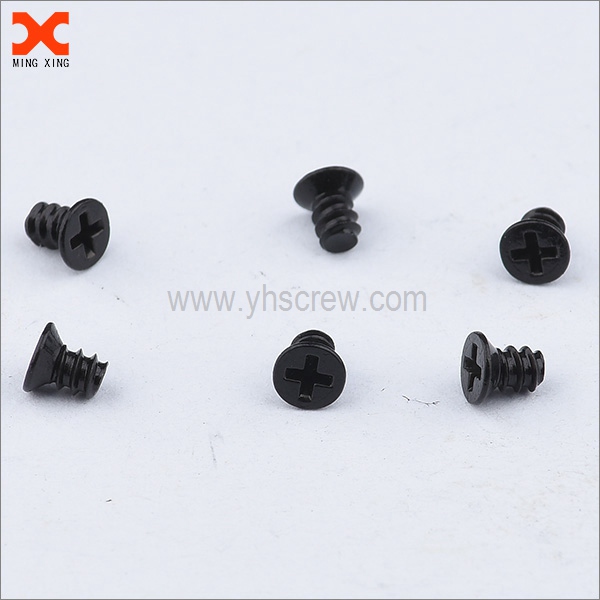
Category: Machine screwTags: black zinc screws, flat head machine screws, flat head phillips machine screws, flat head screw

Category: Machine screwTag: Slotted flat head machine screw

Category: Machine screwTags: black zinc screws, machine screw suppliers, machine screws manufacturers, torx drive screws
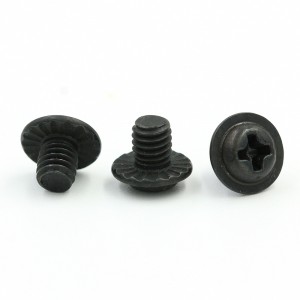
We are committed to providing customers with high-quality, reliable machine screw products, and always pay attention to the quality of every machine screw and customer satisfaction with our machine screw solutions. Our machine screw products undergo strict quality control and testing to ensure each machine screw has outstanding strength, each machine screw boasts long-lasting durability, and every machine screw maintains stable performance in application. No matter what project you are working on, our machine screw products can be a key support for your success with the reliability of our machine screw lineup.
When you choose our machine screw products, you choose excellent quality embodied in every machine screw, reliable performance delivered by each machine screw, and professional service paired with our machine screw offerings. Let our machine screw products be your trusted choice for your projects—each machine screw is crafted to meet your demands, and every machine screw is built to drive your project forward!

The Blue Zinc Plated Pan Head Slotted Machine Screw features a slotted drive, allowing for easy installation and removal of this practical Machine Screw with a standard flathead screwdriver. Additionally, this reliable Machine Screw is equipped with a robust machine thread that ensures a secure fit when using the Machine Screw in various applications.
Whether you’re tackling assembly tasks or equipment maintenance, this high-performance Machine Screw delivers consistent stability, making the Machine Screw a go-to option for precision-focused projects. Designed to meet industrial-grade standards, the Machine Screw resists corrosion and wear, extending the service life of any setup where the Machine Screw is applied.
From electronics manufacturing to heavy machinery assembly, this versatile Machine Screw adapts seamlessly to diverse scenarios, solidifying why this Machine Screw makes it a top choice for industrial applications.

Stainless Steel Hexagon Socket Thin Head Flat Head Hexagon Socket Wafer Allen Machine Screws are precision-engineered for versatile fastening. Crafted from high-grade stainless steel, they offer exceptional corrosion resistance, ideal for harsh or humid environments. The hexagon socket (Allen) drive enables high torque application and secure tightening, while the range of head styles—thin head, flat head, and wafer head—suits diverse installation needs, from low-profile surfaces to tight spaces. As reliable machine screws, they ensure consistent fit with pre-tapped holes, making them perfect for electronics, machinery, and precision equipment. Combining durability, adaptability, and precision, these screws meet strict performance standards for industrial and commercial use.

Custom Pan Head Machine Screws offer versatile performance with a range of premium materials: stainless steel for exceptional corrosion resistance, galvanized steel for enhanced rust protection, nickel-plated steel for a sleek finish and durability, and alloy steel for high strength. The pan head design provides even force distribution, ideal for surface-mounted applications, while the machine screw thread ensures secure fit with pre-tapped holes. Fully customizable in size and specifications, these screws cater to diverse industrial needs, from electronics and machinery to automotive assemblies. Combining robust materials with precise engineering, they deliver reliable fastening in varied environments, backed by tailored solutions to meet unique project requirements.

With over 30 years of experience, we are a trusted manufacturer specializing in the production of Torx screws. As a leading screw manufacturer, we offer a wide range of Torx screws, including torx self-tapping screws, torx machine screws, and torx security screws . Our commitment to quality and customer satisfaction has made us a preferred choice for fastening solutions. We provide comprehensive assembly solutions tailored to meet your specific requirements.
Screws, bolts, and other fasteners come in countless variations. Among the numerous standard fastener types, machine screws rank as one of the most widely utilized products.
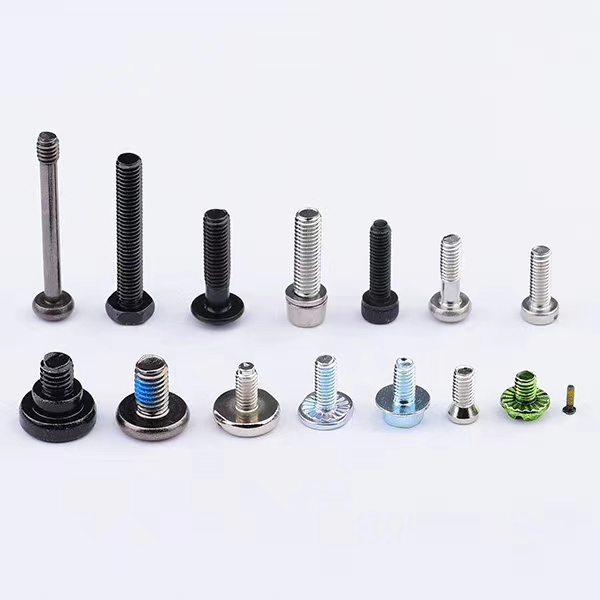
Machine screws maintain a consistent diameter along their entire shank (unlike tapered screws with pointed tips) and are designed for securing machinery, appliances, and industrial equipment components.
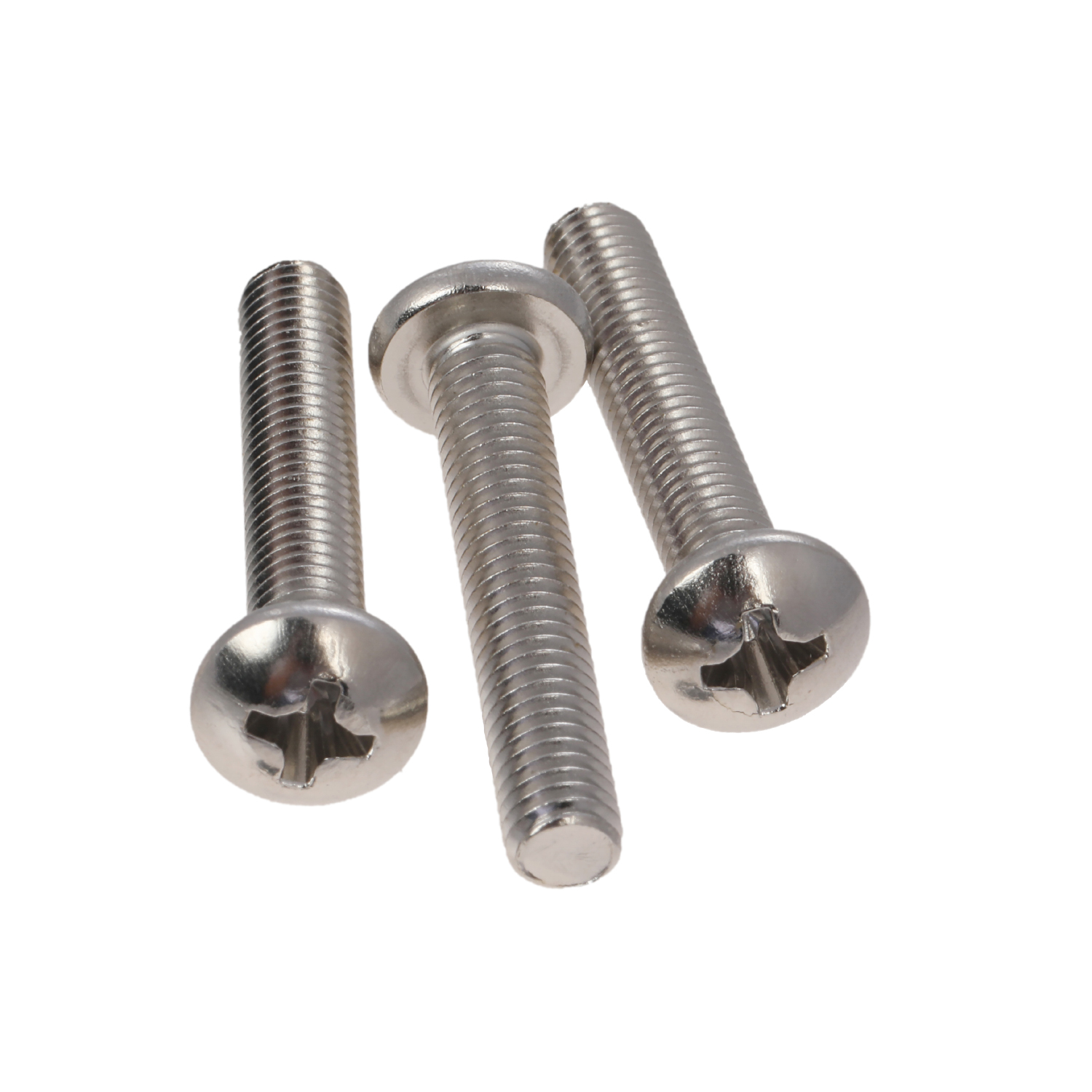
Pan Head Machine Screws
Dome-shaped flat heads for low-profile fastening in electronics or panels requiring slight surface clearance.
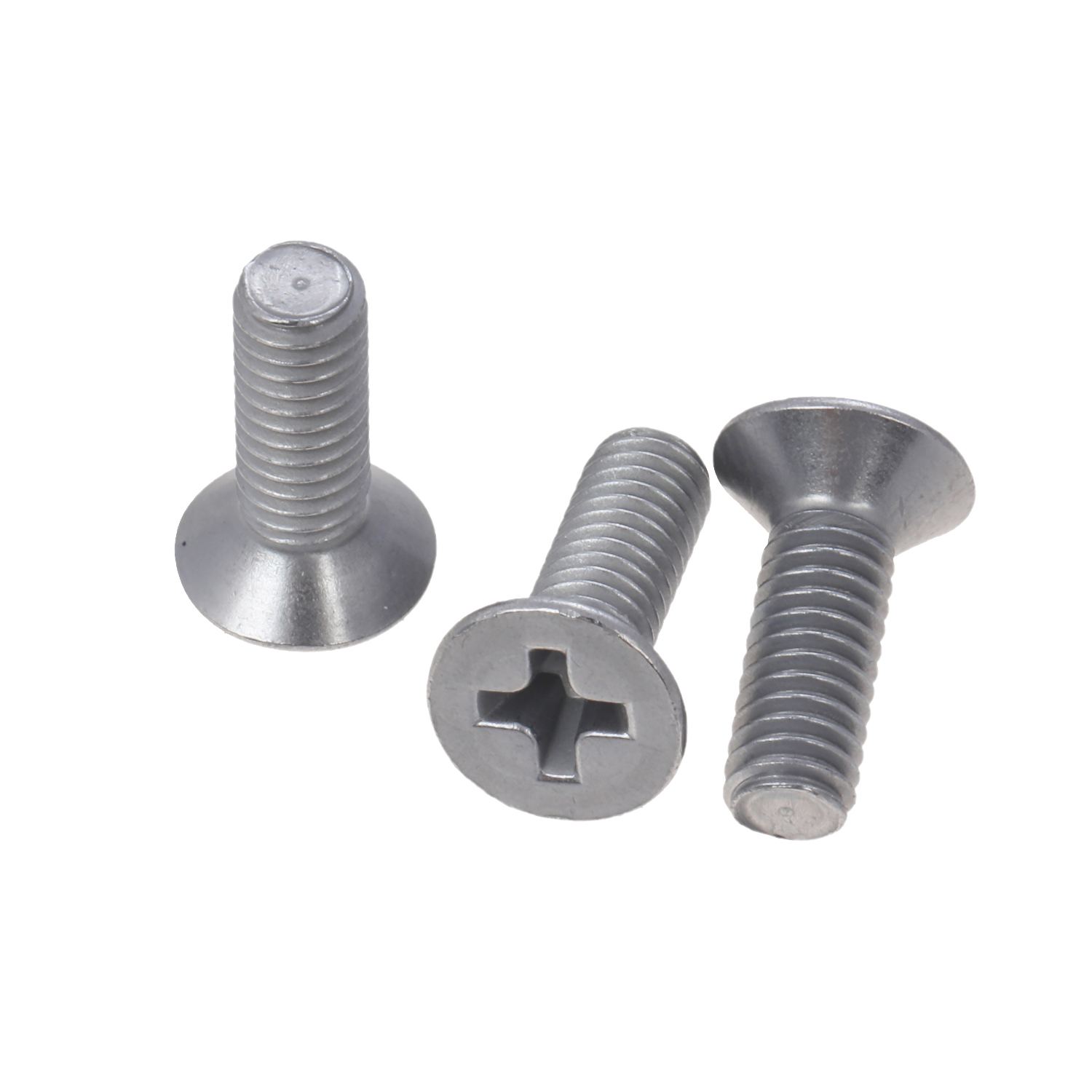
Flat Head Machine Screws
Countersunk heads sit flush with surfaces, ideal for furniture or assemblies demanding smooth finishes.
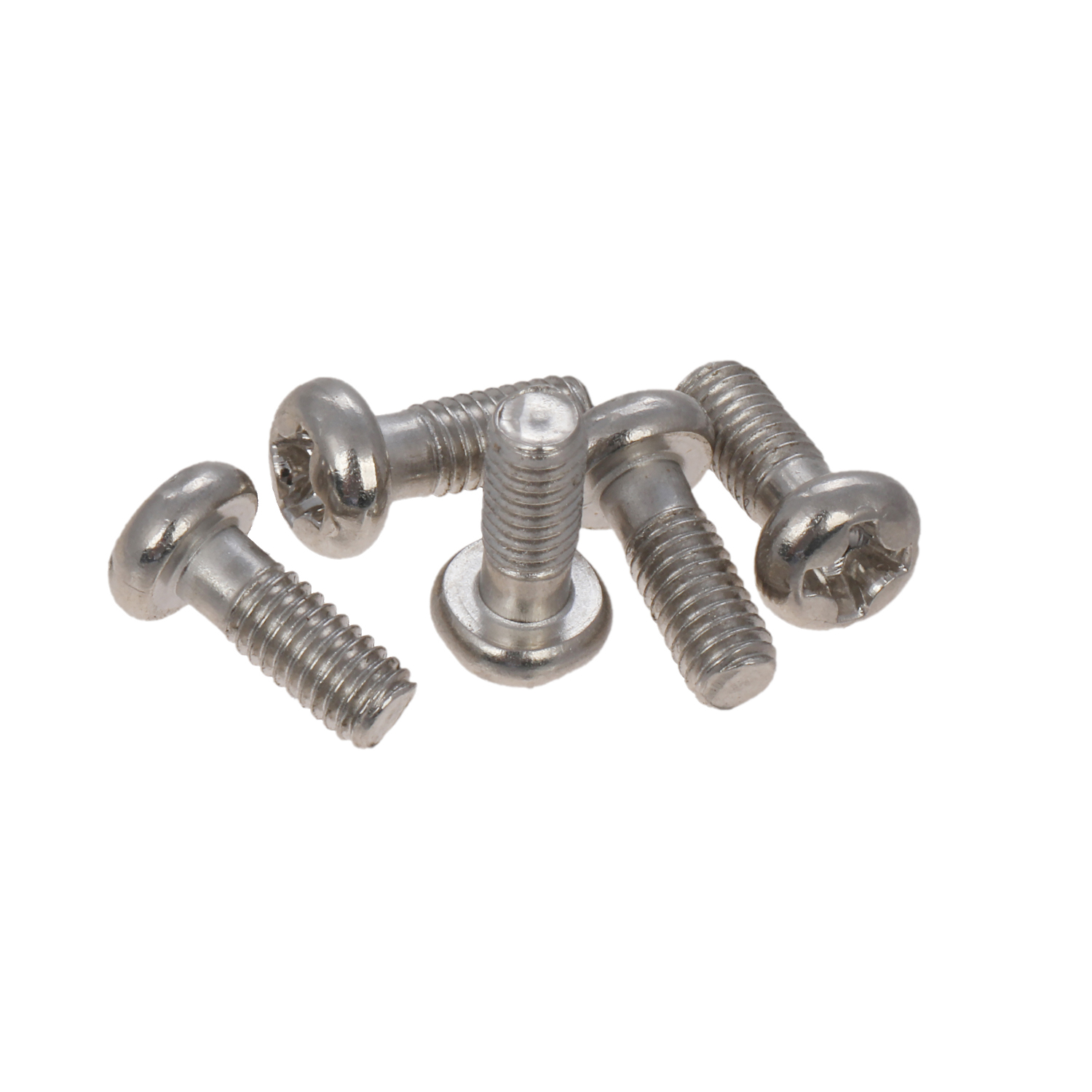
Round Head Machine Screws
Rounded, high-profile heads with broader bearing surfaces, suited for decorative or high-pressure applications like automotive trim.
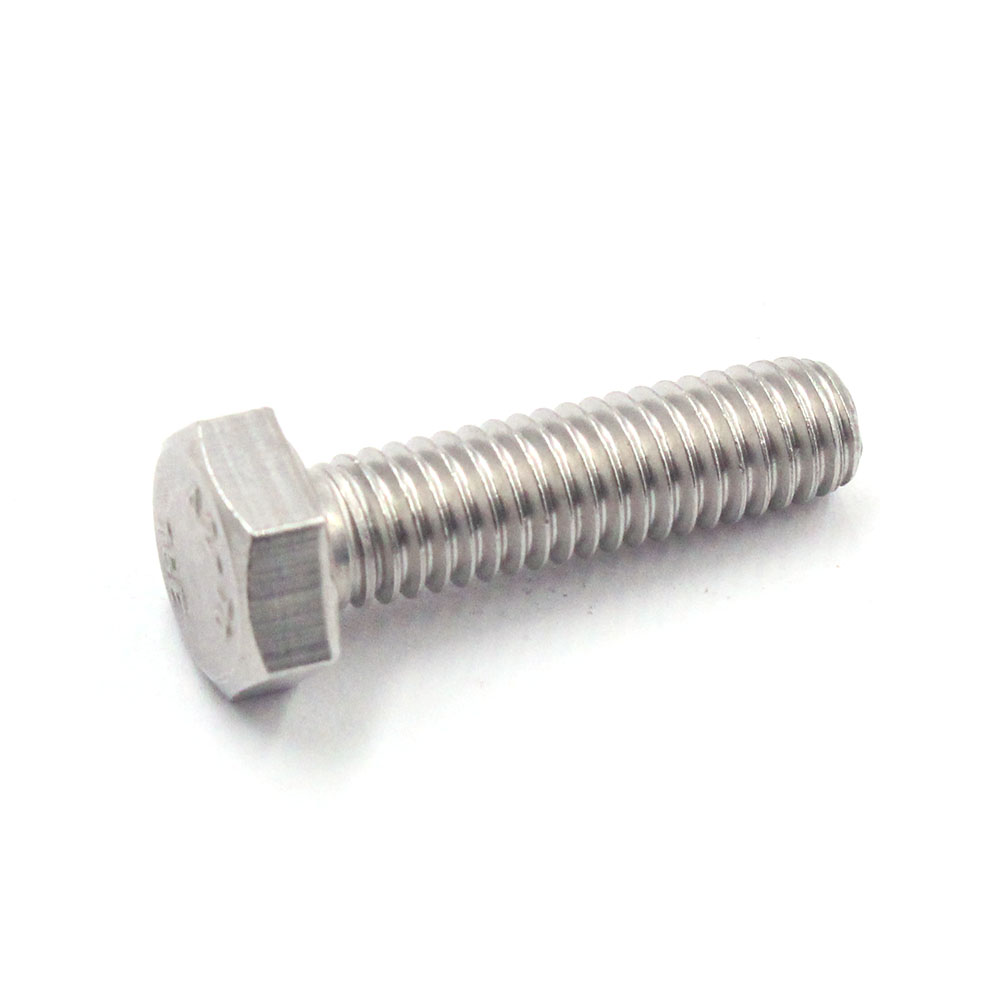
Hex Head Machine Screws
Hexagonal heads for wrench/socket tightening, offering high torque resistance in industrial machinery or construction.
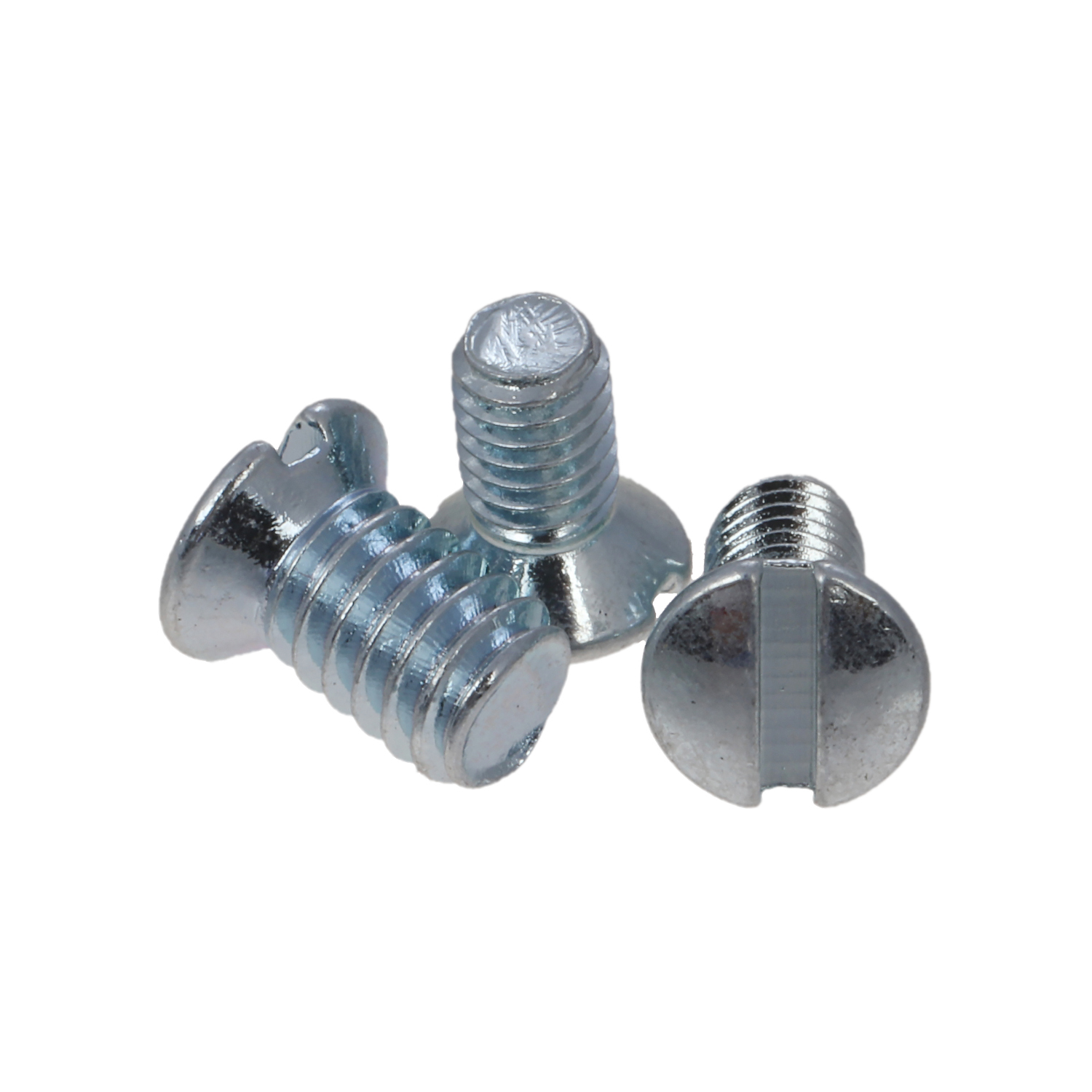
Oval Head Machine Screws
Decorative oval-shaped countersunk heads reduce snagging, commonly used in consumer electronics or visible assemblies.
The application of machine screws is very wide, and the following are some common areas:
1. Electronic equipment: Machine screws are used in the electronics industry to fix components in circuit boards, computers, smartphones and other devices to ensure the stability and reliability of the equipment.
2. Furniture and construction: In furniture assembly, machine screws are used to connect parts that require precise and stable fit, such as cabinets, bookshelves, etc. In the construction field, they are used to fix light metal fixtures and structural components.
3. Automotive and aerospace industries: In these fields, machine screws are used to fix high-load components such as engine parts and chassis components to ensure safety and performance in harsh environments.
4. Other applications: Machine screws are also widely used in various occasions that require reliable connections, such as public facilities, medical equipment, mechanical equipment, etc.
At Yuhuang, securing custom fasteners is structured into four core phases:
1.Specification Clarification:Outline material grade, precise dimensions, thread specifications, and head configuration to align with your application.
2.Technical Collaboration:Collaborate with our engineers to refine requirements or schedule a design review.
3.Production Activation:Upon approval of finalized specifications, we initiate manufacturing promptly.
4.Timely Delivery Assurance:Your order is expedited with rigorous scheduling to guarantee on-time arrival, meeting critical project milestones.
1. Q: What is a machine screw?
A: A machine screw is a uniform-diameter fastener designed to secure threaded holes or nuts in machinery, appliances, or precision assemblies.
2. Q: What is the difference between a machine screw and a sheet metal screw?
A: Machine screws require pre-threaded holes/nuts, while sheet metal screws have self-tapping threads and sharp tips to pierce and grip thin materials like metal sheets.
3. Q: Why is a machine screw not a bolt?
A: Bolts typically pair with nuts and transfer shear loads, whereas machine screws focus on tensile fastening in pre-threaded holes, often with finer threads and smaller sizes.
4. Q: What is the difference between a machine screw and a set screw?
A: Machine screws join components with a head and nut, while set screws are headless and apply pressure to prevent movement (e.g., securing pulleys on shafts).





